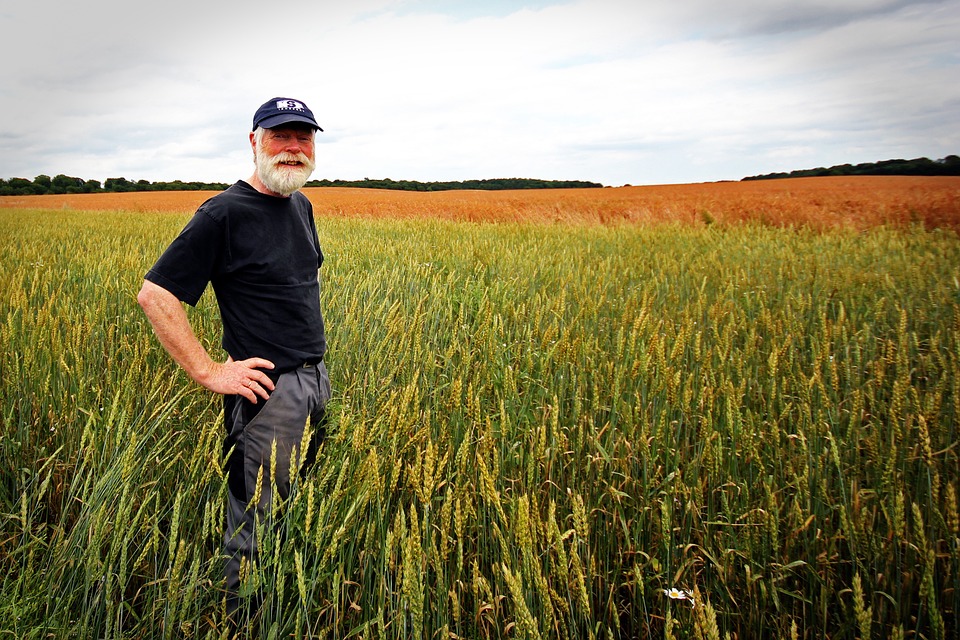
The Elders of Organic Farming
BIG SUR, Calif. — Among the sleek guests who meditate and do Downward Facing Dog here at the Esalen Institute, the farmers appeared to be out of place. They wore baggy jeans, suspenders and work boots and had long ago let their hair go gray.
For nearly a week, two dozen organic farmers from the United States and Canada shared decades’ worth of stories, secrets and anxieties, and during breaks they shared the clothing-optional baths.
December 23, 2015 | Source: The New York Times | by Carol Pogash
BIG SUR, Calif. — Among the sleek guests who meditate and do Downward Facing Dog here at the Esalen Institute, the farmers appeared to be out of place. They wore baggy jeans, suspenders and work boots and had long ago let their hair go gray.
For nearly a week, two dozen organic farmers from the United States and Canada shared decades’ worth of stories, secrets and anxieties, and during breaks they shared the clothing-optional baths.
The agrarian elders, as they were called, were invited to Esalen because the organizers of the event wanted to document what these rock stars of the sustainable food movement knew and to discuss an overriding concern: How will they be able to retire and how will they pass their knowledge to the next generation?
Michael Ableman, a farmer and one of the event’s organizers, said the concerns were part of a much larger issue, a “national emergency,” in his words. Farmers are aging. The average age of the American farmer is 57, and the fastest-growing age group for farmers is 65 and over, according to the Census Bureau.
During their meetings, some of the farmers worried that their children would not want to continue their businesses and that they might have to sell their homes and land to retire.
Esalen is the birthplace of the human potential movement and a stunningly beautiful spiritual retreat overlooking the Pacific Ocean. When they were not in conference, the farmers wandered among floating monarch butterflies through Esalen’s farm and garden, rich with Calypso cilantro, tatsoi and flamboyant orange marigolds.
But the institute also holds conferences on major world and national issues. Mr. Ableman and Eliot Coleman, a Maine farmer, organized the intimate conference. Mr. Ableman, the author of “Fields of Plenty,” is writing a book about the gathering. Deborah Garcia, the widow of Jerry Garcia of the Grateful Dead and a filmmaker whose previous films include “The Future of Food” and “The Symphony of the Soil,” is making a documentary.
While the farmers here were proud of their anti-establishment beginnings, their movement has since gone mainstream, and organic farming has grown tremendously. Sales of organic food in the United States reached $31.5 billion in 2012, compared with $1 billion in 1990, according to the Organic Trade Association.
So the grandfathers and grandmothers of organic farming should be joyous, but they are not. Their principles of local, seasonal fruits and vegetables have been replaced in many cases by year-round clamshelled tomatoes for Walmart, Target and other stores. Some of today’s organic farmers have thousands of acres of single crops, which are flown to supermarket shelves, where they are sold at lower prices than many small organic farmers can afford to sell their produce.
